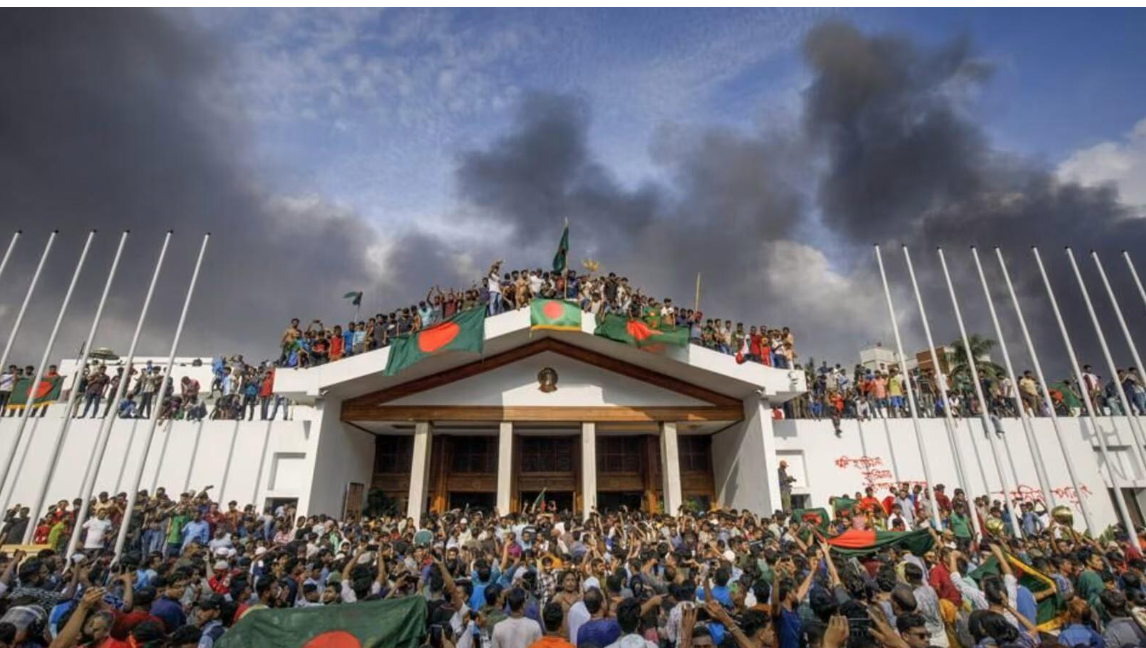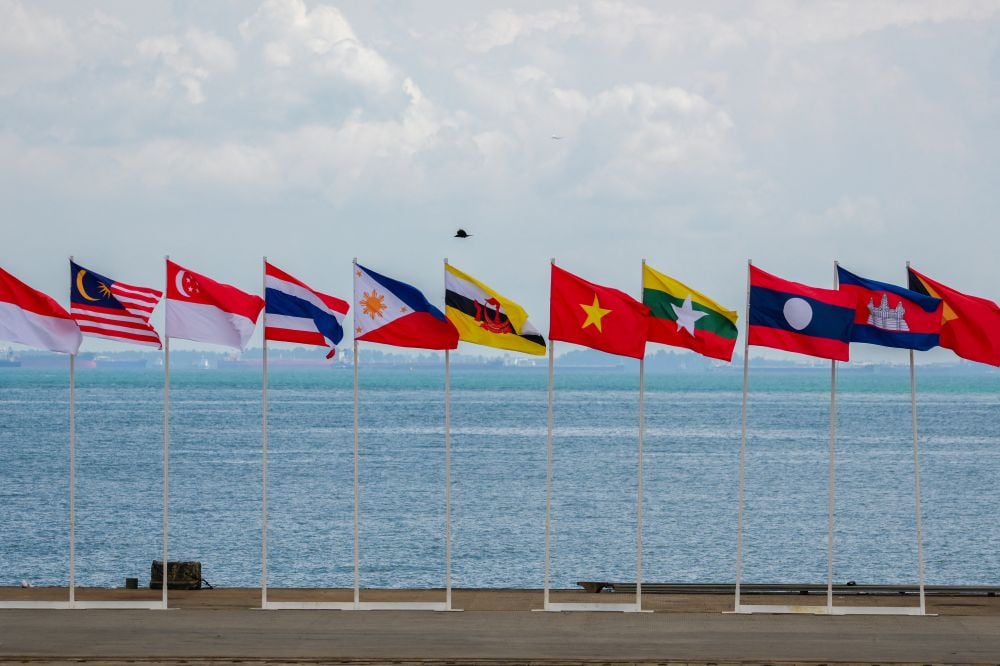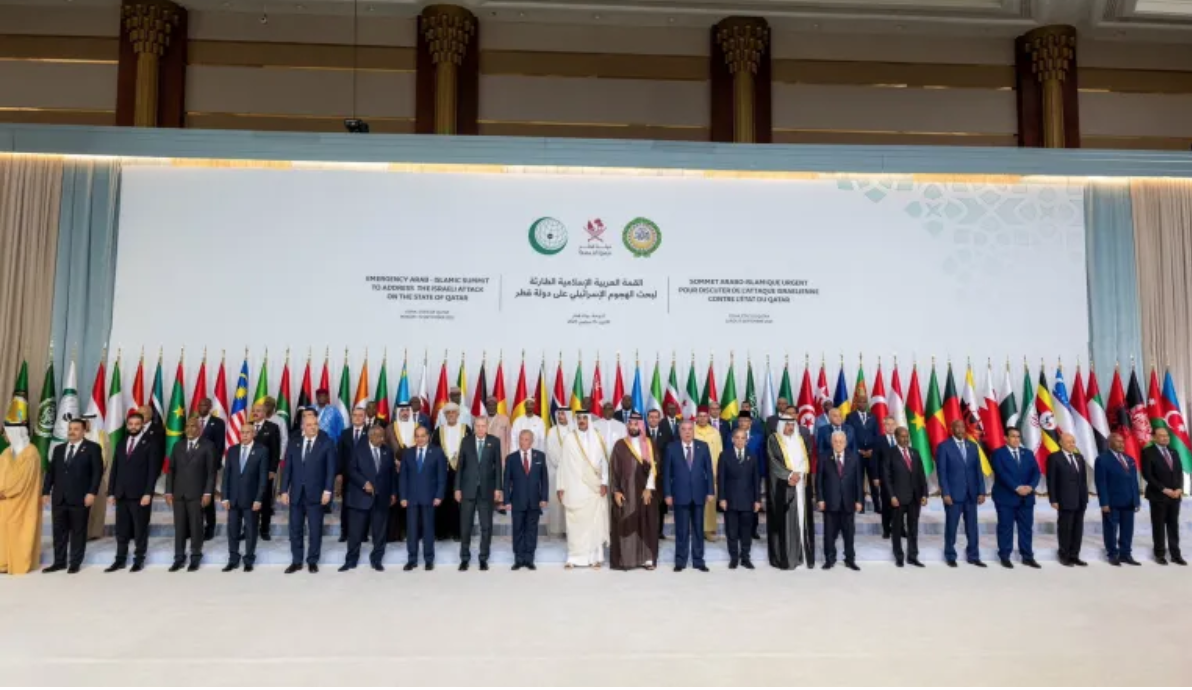In 2024, Bangladesh faced significant political and economic challenges that underscore deeper systemic issues. The year began with the highly contested 12th National Parliamentary Election on January 7, which highlighted the country’s enduring political polarization. The election was followed by protests during the Quota Reform Movement, which lasted from July to August. These protests were not mere calls for policy change but reflected broader dissatisfaction with systemic inequality and the lack of meaningful political reform. They indicated that the political establishment's promises of inclusivity and fairness remain largely unfulfilled.
Furthermore, the formation of an interim government led by Muhammad Yunus in August 2024 raised questions about the legitimacy and accountability of the political transition. While the interim government’s approach of "friendship to all" might seem pragmatic, it risks perpetuating the political instability that has plagued the country for years. A government formed under external pressures and without a clear mandate risk undermining democratic values and perpetuating a political culture rooted in transactional politics.
Economically, Bangladesh’s performance in 2024 further underscored the country’s vulnerabilities. The 5.2% GDP growth in FY 2024, a drop from 5.8% in FY 2023, signals that Bangladesh’s growth model is beginning to lose its momentum. Despite optimistic projections of a rebound in FY 2025, this growth is increasingly fragile. The country continues to grapple with inflation, with food inflation reaching a staggering 14%. These figures highlight the failure of previous economic policies to stabilize the country’s macroeconomic environment. The inflationary pressures are not only a consequence of global commodity price hikes but are compounded by internal inefficiencies, including poor supply chain management and structural weaknesses in the domestic economy.
Trade patterns have worsened, with labor cost increases driven by protests and an energy crisis that has raised production costs. The reduced demand from key export markets such as Europe and the U.S. is a clear indication of Bangladesh’s growing dependence on markets that are increasingly volatile and saturated. The decline in foreign exchange reserves below $20 billion, despite efforts to manage inflation and fiscal deficits, is further evidence of the country’s external vulnerability.
From a foreign policy perspective, Bangladesh's engagement with India remains an enduring challenge. The nation continues to navigate a delicate geopolitical environment, trying to balance its relations with India while also pursuing greater strategic autonomy. While a balanced approach may seem necessary, Bangladesh’s policy is increasingly seen as reactive rather than proactive. The country’s foreign policy lacks clear, long-term objectives and is shaped by short-term political gains rather than strategic foresight. Furthermore, Bangladesh’s growing engagement with China raises questions about its long-term commitment to its traditional ties with India. The increasing strategic influence of China in South Asia, coupled with Pakistan’s growing diplomatic outreach, complicates Bangladesh's position in an already volatile region.
In conclusion, the political and economic challenges Bangladesh faced in 2024 reveal systemic fragility. While the country has seen growth, it has been uneven and largely dependent on external factors. The inability to address deep-rooted structural problems—whether in governance, economic policy, or foreign relations—suggests that Bangladesh may struggle to maintain its trajectory. The year 2024 might be a wake-up call for policymakers, signaling the need for profound reforms that go beyond surface-level adjustments.





